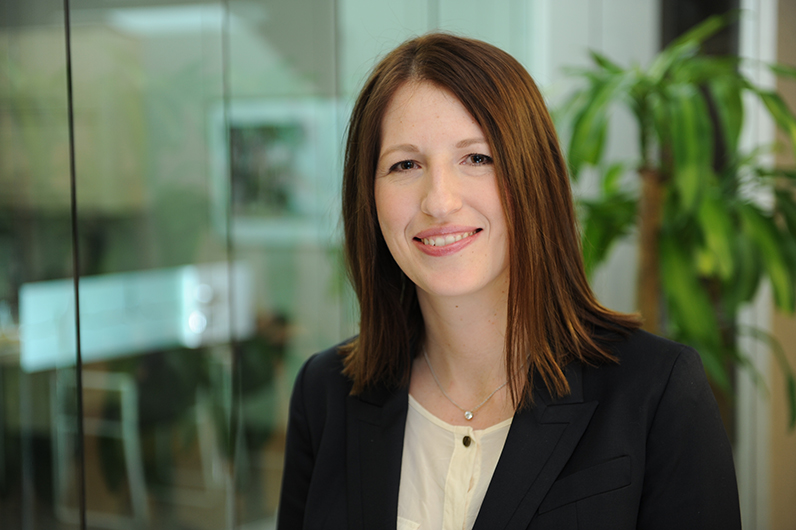The Truth and Reconciliation Commission of Canada has called for research to identify and close the gaps in health outcomes between Indigenous and non-Indigenous communities, with a focus on indicators such as chronic diseases. According to The Canadian Community Health Survey, Indigenous Peoples experience higher levels of obesity than non-Indigenous Canadians. While bariatric surgery is the most effective treatment for obesity, literature suggests Indigenous Peoples have poorer access to bariatric care and that little research has been done to examine their experience.
Indigenous patients currently have limited access to traditional healing in our healthcare system, but research shows Indigenous Peoples would like access to traditional ways and that culturally appropriate care can improve outcomes for diabetes and other conditions.
Through the generosity of our supporters, Victoria Hospital Foundation has recently invested in a new research study at Victoria Hospital’s Centre for Metabolic and Bariatric Surgery designed to incorporate traditional Indigenous ways of healing into Manitoba’s bariatric program to improve care for bariatric patients.
“There are a lot of requirements to be approved for bariatric surgery and a lot of them are lifestyle modifications and healthy behaviours that are required to have success,” said Dr. Krista Hardy, Research Lead at Victoria Hospital's Centre for Metabolic and Bariatric Surgery. “We want to understand the Indigenous experience of obesity and how we can help our patients have success with surgery. We understand that our current approach may not be suitable or optimized for Indigenous patients and that there are opportunities with our patients and other Indigenous health experts to improve our program and provide better care for Indigenous populations.”
Victoria Hospital’s Centre for Metabolic and Bariatric Surgery provides all bariatric care in Manitoba, performing approximately 200 surgeries annually. A multidisciplinary team provides education on healthy living and behaviour change.
This new research will explore the current Indigenous experience of bariatric care in Manitoba. An Indigenous Bariatric Health Working Group with Indigenous Elders, healers, and bariatric surgery patients will provide guidance on the incorporation of traditional ways of healing into the program. Elder Geraldine Shingoose will guide sharing circles and help facilitate knowledge sharing. Dr. Melinda Fowler and Amanda Fowler-Woods are Indigenous health experts that have informed the development of this project.
“The importance of this kind of research is teamwork and acknowledging the contributions of Indigenous research members,” said Dr. Hardy. “We see this as a partnership and their guidance is essential for success.”
Sharing circles are part of the oral tradition in Indigenous communities and are designed to ensure everyone has an equal opportunity to share their opinions and ideas. They are frequently led by an Indigenous Elder in a safe environment in which knowledge is shared and reflected on, often with traditional smudging and the passing of objects of significance (such as an eagle feather).
“For us, understanding how patients feel in their healthcare encounters and how we can empower them is really important for their success,” said Dr. Hardy. “Each patient is unique and understanding the other aspects outside of the operation itself that can give patients success is important. We view obesity as a chronic disease that needs ongoing treatment even after the surgery. Being able to provide that support and give patients the tools before surgery as well as the ways to continue to implement them after surgery is one of the most important things for success.”
The research team will work in collaboration with Indigenous health experts including dietitians and healers to develop materials to assist with meal planning and recipes that are part of the post-operative bariatric diet.
Recruitment for the study is now underway, with Indigenous bariatric patients volunteering to participate in the research. In-person sharing circles will be scheduled at a later date pending COVID-19 public health guidelines.
This study is the first of its kind in Canada and other provinces have already expressed an early interest in the project. The team is networked with bariatric physicians across the country and will have opportunities to share their knowledge on a broad scale.
“Manitoba is well-suited to lead this type of initiative,” said Dr. Hardy. “We can share our experience with others and guide them as to how to foster the relationships needed for successful research in their own provinces.”
Victoria Hospital Foundation’s investment in this project paved the way for a Canadian Institutes of Health Research grant for the team to continue building on this work over an ensuing four-year period. In the long-term, the group will develop, implement, and assess more specific program materials incorporating patient feedback.
Dr. Hardy credits the early support of donors for making this research possible.
“This is a really significant contribution,” said Dr. Hardy. “This is important work towards reconciliation. It’s a unique opportunity for investing in and improving Indigenous healthcare in Manitoba."



